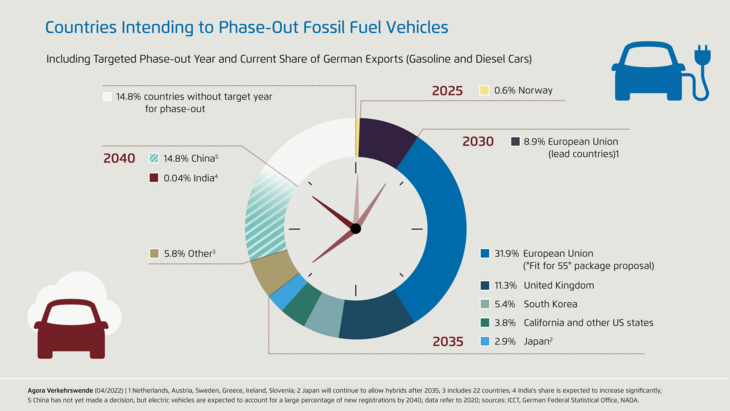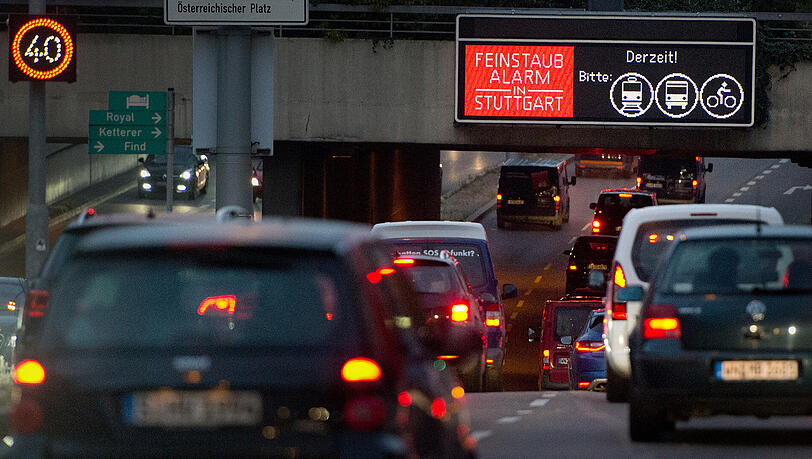16, Sep 2023
Ab 2025 Keine Verbrennungsmotoren: Germany’s Ambitious Plan To Phase Out Fossil Fuel Cars
Ab 2025 Keine Verbrennungsmotoren: Germany’s Ambitious Plan to Phase Out Fossil Fuel Cars
Related Articles: Ab 2025 Keine Verbrennungsmotoren: Germany’s Ambitious Plan to Phase Out Fossil Fuel Cars
- Clash Of The Titans: Real Madrid Triumphs In An Epic Champions League Final
- When Is Easter 2025 UK: A Comprehensive Guide To The Date And Its Significance
- R&A Golf Course 2030: A Vision For The Future Of Golf
- EDV Form 2025: A Comprehensive Guide
- UK Holidays In 2025: A Comprehensive Guide To Bank Holidays And Public Observances
Introduction
In this auspicious occasion, we are delighted to delve into the intriguing topic related to Ab 2025 Keine Verbrennungsmotoren: Germany’s Ambitious Plan to Phase Out Fossil Fuel Cars. Let’s weave interesting information and offer fresh perspectives to the readers.
Table of Content
Video about Ab 2025 Keine Verbrennungsmotoren: Germany’s Ambitious Plan to Phase Out Fossil Fuel Cars
Ab 2025 Keine Verbrennungsmotoren: Germany’s Ambitious Plan to Phase Out Fossil Fuel Cars

Introduction
In a bold move towards a sustainable future, Germany has announced its intention to phase out the sale of new gasoline and diesel-powered vehicles by 2025. This ambitious goal is part of the country’s broader climate action plan, which aims to achieve carbon neutrality by 2050. The transition to electric vehicles (EVs) is seen as a crucial step in reducing greenhouse gas emissions and improving air quality.
The Phase-Out Plan
The German government’s plan to phase out combustion engine vehicles is outlined in the Climate Protection Act, which was passed in 2019. The law sets a target of reducing greenhouse gas emissions by 55% by 2030 and achieving carbon neutrality by 2050. The phase-out of combustion engine vehicles is a key component of this plan, as transportation accounts for a significant portion of Germany’s carbon emissions.
The phase-out will take place in two stages. Starting in 2025, the sale of new passenger cars and light commercial vehicles with combustion engines will be prohibited. This will be followed by a ban on the sale of new trucks and buses with combustion engines in 2030.
Challenges and Opportunities
The transition to EVs presents both challenges and opportunities for Germany. One of the biggest challenges is the need to expand the country’s EV charging infrastructure. Currently, there are around 60,000 public charging stations in Germany, but this number will need to increase significantly to meet the growing demand for EVs.
Another challenge is the cost of EVs. While the cost of EVs has come down in recent years, they are still more expensive than gasoline-powered vehicles. The German government is offering incentives to encourage the adoption of EVs, such as tax breaks and subsidies for charging stations.
Despite these challenges, the transition to EVs also presents significant opportunities for Germany. The development and production of EVs and EV components can create new jobs and boost economic growth. Additionally, the switch to EVs will improve air quality and reduce greenhouse gas emissions, which will have positive benefits for public health and the environment.
Industry Response
The German automotive industry has mixed reactions to the government’s phase-out plan. Some manufacturers, such as Volkswagen and Daimler, have already announced plans to invest heavily in EV development and production. However, other manufacturers, particularly those that specialize in luxury vehicles, have expressed concerns about the impact of the phase-out on their businesses.
The German automotive industry is a major part of the country’s economy, and the transition to EVs will have a significant impact on the sector. However, the industry is adapting to the changing landscape, and many manufacturers are investing in EV technology to ensure their future competitiveness.
Public Support
Public support for the phase-out of combustion engine vehicles is growing in Germany. A recent survey found that 70% of Germans support the ban on the sale of new gasoline and diesel-powered vehicles by 2025. This support is driven by concerns about climate change and air pollution.
The German government’s plan to phase out combustion engine vehicles is a bold and ambitious move. However, it is also a necessary step in the fight against climate change and the improvement of air quality. The transition to EVs will present challenges, but it also presents significant opportunities for Germany’s automotive industry and the country as a whole.



/cloudfront-eu-central-1.images.arcpublishing.com/madsack/ASMXFWLYLRFL3GR4EVLTC2H27M.jpg)




Closure
Thus, we hope this article has provided valuable insights into Ab 2025 Keine Verbrennungsmotoren: Germany’s Ambitious Plan to Phase Out Fossil Fuel Cars. We appreciate your attention to our article. See you in our next article!
- 0
- By admin